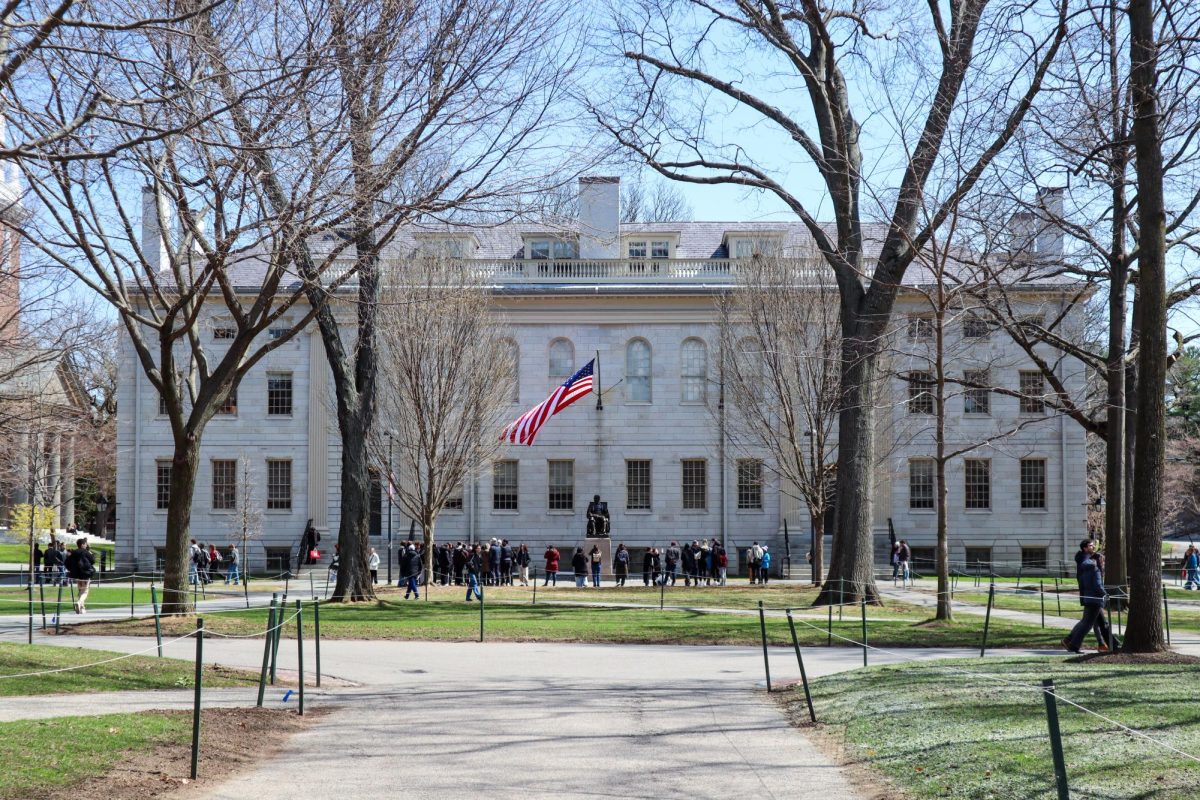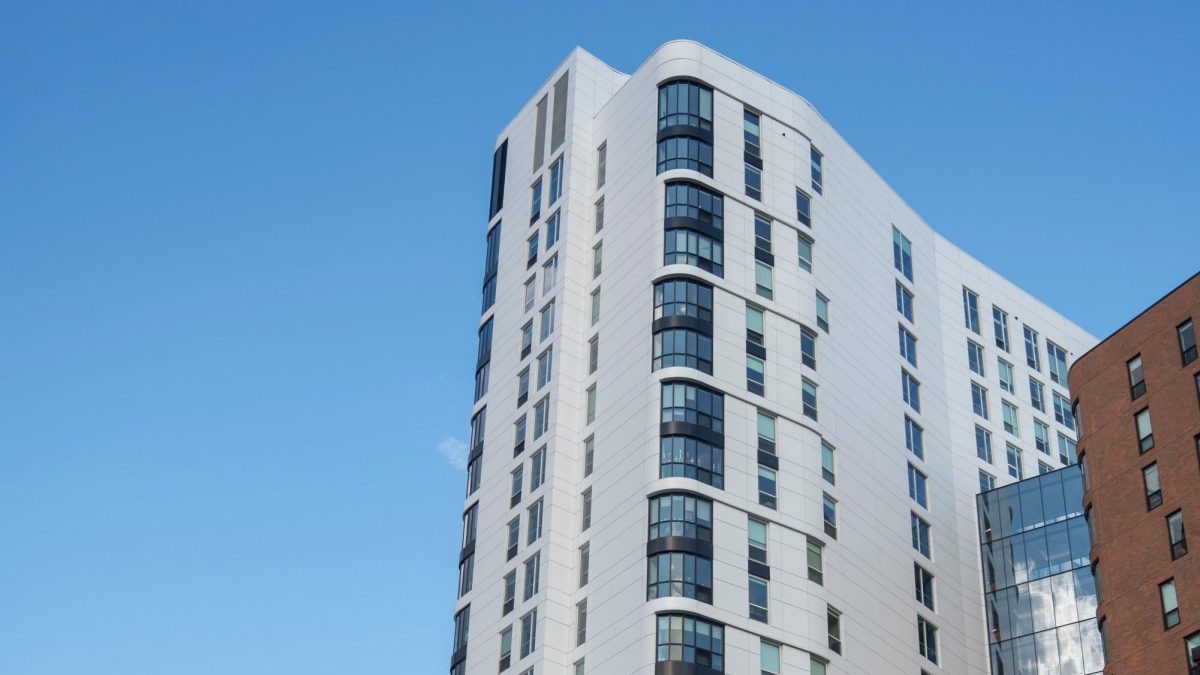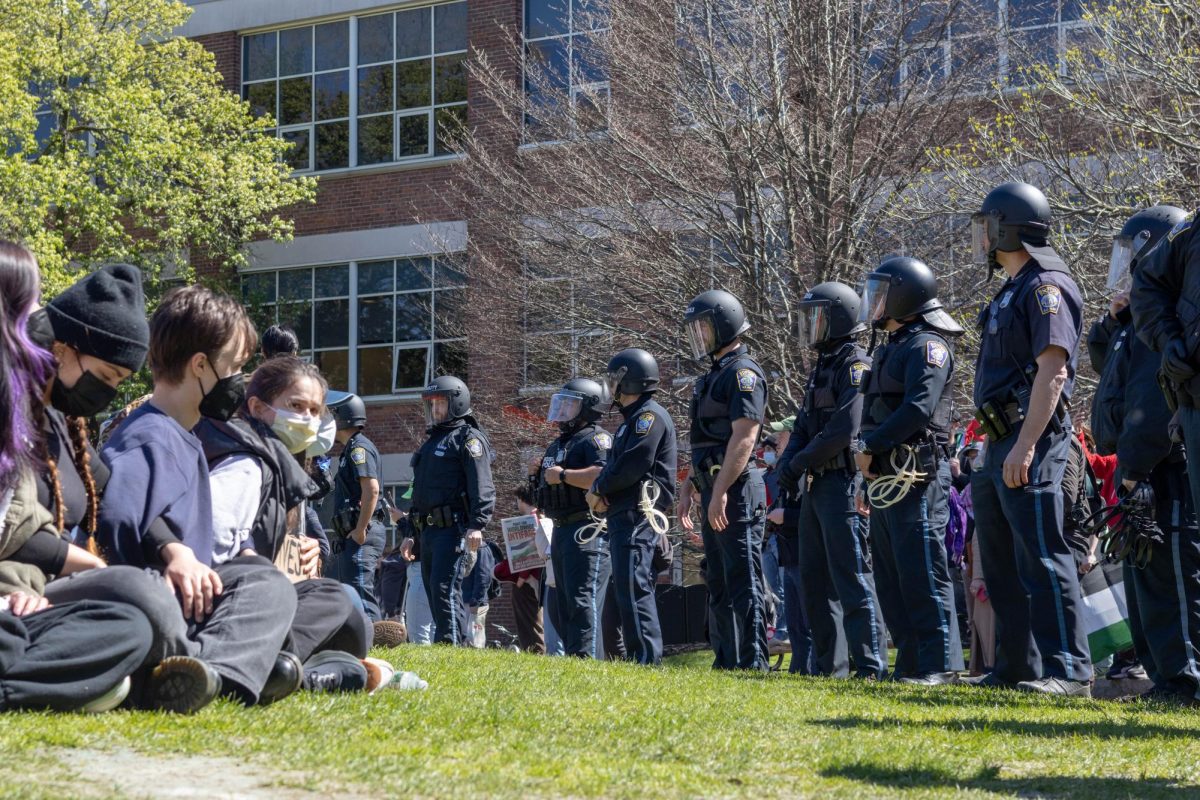I have lived in Massachusetts my whole life. This state is where I was raised and educated, but most of all, it is a state I have seen get increasingly more expensive to live in as each year passes.
In late January, the city section of The News published a piece on the stagnation of minimum wage in Massachusetts after a series of annual increases beginning in 2018 came to an end. I experienced these increases firsthand while working my hometown job throughout high school and my first years of college. As a teenager, I was thrilled by the 75 cent raise every year; it was something I could look forward to, and I could see the difference it made in my paychecks. However, the rate settled at $15 an hour in 2023.
What I didn’t realize as a teenager was that the monetary value of everything was increasing all those years, not just what I was getting paid.
Now, a few years older and far more financially independent, I often feel affected by inflation. I’ve bought a carton of six eggs for twice as much as my dad used to spend on a dozen. Even worse, looking at the cost of rent for an apartment in the city has made my head spin.
Astonishingly high prices are affecting almost everything we use on a daily basis: personal hygiene items, clothing and even healthcare. Necessities such as these are factored into the cost of living for a region, which essentially defines the amount of money needed to live in any given place.
For residents, I don’t think it comes as a surprise that Massachusetts has one of the highest costs of living in the country. Forbes listed Massachusetts as the second most expensive state to live in for the year 2024, with a $53,860 average cost of living.
Despite the increase of minimum wage to $15, which ranks highly among minimum wages across the country, it is still not enough to satisfy what residents need across the state. Based on the current numbers, an individual getting paid minimum wage would have to work nearly 70-hour weeks to satisfy the cost of living. The standard work week in the United States is just over half that, at 40 hours per week. Furthermore, those 70 hypothetical hours do not even account for the taxes taken out of paychecks, lessening the amount workers take home.
It is not unexpected that advocates are urging the state to initiate another increase to Massachusetts’ minimum wage — this time to $20. I undoubtedly support the campaign to raise wages again, not only because I live and work here, but for the well-being of all Massachusetts residents.
However, I cannot help but wonder if by the time the hourly rate successfully reaches $20, it won’t be enough to sustain residents yet again. I worry that making minimum wage align with the cost of living will be an economic game of cat and mouse for many years to come.
At my age, it may seem preemptive to worry so much about the economic future of Massachusetts, seeing as I could live anywhere in the coming years. But, as someone who has lived here my entire life, I can’t imagine moving because I could not afford to be here. It is not fair or reasonable for residents to have to move when the problem does not lie with them. The problem is exorbitant prices disproportionate to wages, causing financial pressure. The state unemployment rate of 3.2% is below the national average, but we’re seeing that having a job isn’t necessarily sufficient.
Unfortunately, financially-motivated relocations may become a reality for residents of various ages and durations of stay in Massachusetts if minimum wage never feels like enough.
Kara Orsini is a third-year health sciences major on the pre-med track. She can be reached at orsini.k@northeastern.edu.

















